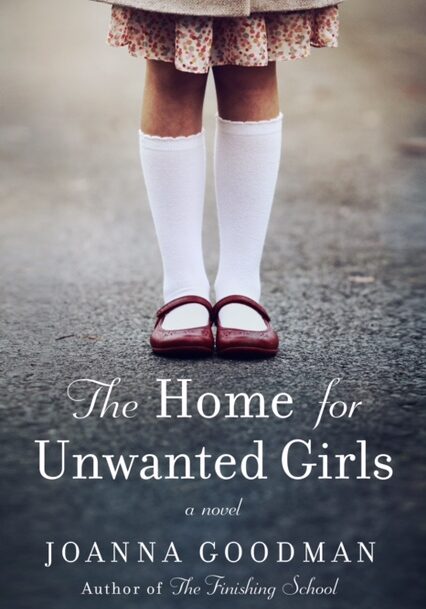In 701 B.C. the Assyrian empire was in its ascendancy. It had already vanquished the kingdom of Israel to the north including the capital at Samaria. It then prepared an assault on Judah and its capital at Jerusalem.
But in one of those significant events that changes the course of world history, Assyria was repelled. Jerusalem was saved until 586 B.C. when the Babylonians sacked the city, forcing its leadership class into exile.
Henry Aubin, in a major feat of scholarship, determines that Jerusalem was aided by a Kushite army from Africa which had marched northeast from the Nile valley. While the Bible attributes the Assyrian retreat to an angel and secular commentators cite pestilence, Aubin, in a meticulously documented work, demonstrates that an alliance with the African nation of Kush bolstered Jerusalem’s defences.
Kush, also known as Nubia, was located in what is now southern Egypt and northern Sudan. A monarchy that existed for more than 1000 years, from 900 B.C. to A.D. 350, Kushites held sway over Egypt from 712 B.C. to about 660 B.C. Of Egypt’s 31 dynasties, this, the 25th Dynasty, is the only one that all scholars agree, was black.
The commander of the Kushite expeditionary force was Taharqa (or as the Bible calls him Tirhakah). This Kushite prince, who had his own interests in halting Assyrian expansion, likely caught the aggressors by surprise as they prepared their siege of Jerusalem.
Aubin offers a thrilling military history and a stirring political analysis of the ancient world. He also sees the event as influential over the centuries.
The Kushite rescue of the Hebrew kingdom of Judah enabled the fragile, war-ravaged state to endure, to nurse itself back to economic and demographic health, and allowed the Hebrew religion, Yahwism, to evolve within the next several centuries into Judaism. Thus emerged the monotheistic trunk supporting Christianity and Islam.

“An emotionally raw page-turner than you can’t put down.”
BrooklynDigest
“A heart-wrenching saga of love and loss that’s not to be missed.â€
Toronto Star
“Goodman’s latest is a study of how love persists through the most trying of circumstances. Deep and meaningful, this novel captures the reader’s attention until they’re rewarded with a happy ending.â€
Booklist
“Characters who could have easily come across as types or clichés take on a great emotional depth…The ending hits a perfect emotional note: bittersweet and honest, comforting and regretful.â€
Kirkus Reviews
HarperCollins US 2018
Presses de la Cité France 2018
Saint-Jean Quebec 2018
ASAII Portugal 2019
De Fontein Dutch 2019
Sharp Point Taiwan 2019
Libri Konyvkiado Hungary 2019
Ruyixinxin China 2019
Ediciones Urano Spain 2019
The Home For Unwanted Girls
Philomena meets Orphan Train
In this triumphant love story, the lives of two young people are beset by conflicts of class and culture in 1950’s Quebec.
Maggie is the daughter of Wellington Hughes, the “Anglo†who runs a seed business selling mostly to the French-Canadian farmers in the Eastern townships near Montreal. Her mother Hortense is a French- Canadian who refuses to speak English, but who shares her husband’s ambitions that her children should prosper in the higher status Anglo world.
Gabriel Phénix, the boy from the next farm, poor and orphaned, captures Maggie’s heart. When Maggie becomes pregnant at 15, either because of a rape or her love affair with Gabriel, she suffers the full tyranny inflicted by the regime and the Catholic Church.
Her baby is taken from her and either sold by the nuns to an American family, or worse, placed in an institution and declared mentally impaired. The government paid more money for wards of hospitals than orphanages. (Based on shockingly true situations in Quebec in the 1950’s, the theft of her child is similar in the experience of Ireland’s Philomena Lee.) We follow Maggie’s desperate quest to find her daughter Elodie, and Elodie’s painful loss of the family she deserves.
Joanna Goodman, whose grandfather was a seed man, draws on the conflicting allegiances of her own Quebecois family for this tale that is specific to its place and times and universal in its themes. The daughter of a French-Canadian mother and the wife of a French-Canadian man, Joanna is bi-lingual and multi-cultural. Occasionally, she wishes she were firmly rooted in only one identity.
Joanna Goodman is the author of four acclaimed novels including the best-selling novel, The Finishing School (HarperCollins). She lives in Toronto with her two children and her husband where they operate upscale retail linen shops Au Lit.